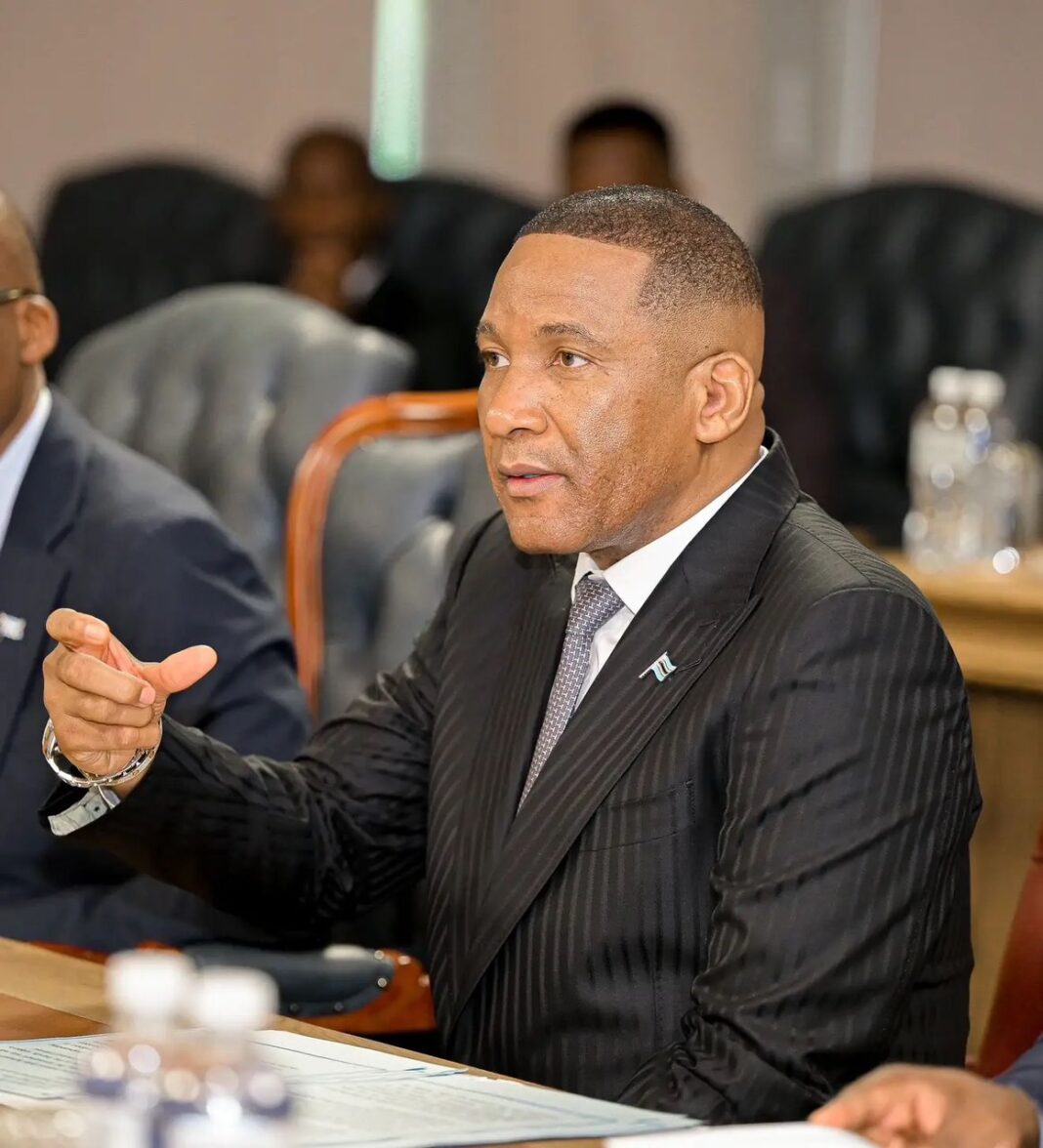To effectively bridge the immense funding gap identified in the Botswana Economic Transformation Programme (BETP) and ensure sustainable, long-term social financing, the government has introduced a landmark initiative: the Impact Investment Programme. This program is explicitly purpose-driven, moving beyond traditional citizenship-by-investment models to ensure that every unit of foreign direct investment translates into measurable social benefit alongside public revenues. It is structured to serve as a vital, counter-cyclical resource for Botswana’s ambitious development agenda.
The core promise underpinning the entire program is its unique social commitment: that every investor contribution will be allocated so as to positively affect the lives of three Botswana households. This commitment links private capital directly to tangible social outcomes, such as financing social housing, providing grants for micro and small enterprises (SMMEs), and funding critical vocational training and technical assistance projects aligned with Vision 2036.
The program operates through two strategically designed parallel modalities. The Government-to-Citizen (G2C) option represents the classic citizenship-by-investment pathway for individual applicants, offering a secure, reputable route to participating in Botswana’s development. The indicative threshold for a single applicant starts at a contribution of US$75,000, with structured fees for spouses and dependents. The second modality, the Government-to-Government (G2G) channel, is designed for strategic cooperation, enabling negotiated state partnerships that can address broader issues such as large-scale humanitarian needs or the resolution of complex statelessness issues, showcasing the program’s dual role as both an economic engine and a diplomatic tool.
The financial projections are significant: conservative modelling suggests the program could generate up to US$1.08 billion in gross revenues over ten years. After accounting for operating costs and standard industry commissions, the estimated net funds available to the special state fund are projected to exceed US$860 million across the decade. This substantial capital injection is crucial for offsetting the structural financing deficits in the NDP12 Public Investment Programme, ensuring that critical projects in healthcare, education, and infrastructure are not stalled by fiscal pressures.
To safeguard the integrity of the program and mitigate reputational risk, stringent institutional arrangements and governance structures are being implemented. The program is administered by a special, non-profit Agency created by the government, operating under strict ministerial oversight. A Board of Directors and a Government-appointed Review Committee provide final governance and approval. Operationally, the Agency will license International Marketing Agents and manage a robust, secure-by-design digital application platform. Key to its security is a three-pronged verification system that outsources specialist due diligence to certified international firms, ensuring transparency and a clear audit trail. The involvement of Arton Capital as an advisory and implementation partner accelerates the early delivery of the funded investment program, leveraging their international operational toolkit while always remaining subject to the independent governance and sovereign oversight structures of the BIFSC. This comprehensive structure ensures that the program is not only commercially attractive but also maintains the highest standards of national security and public trust.



